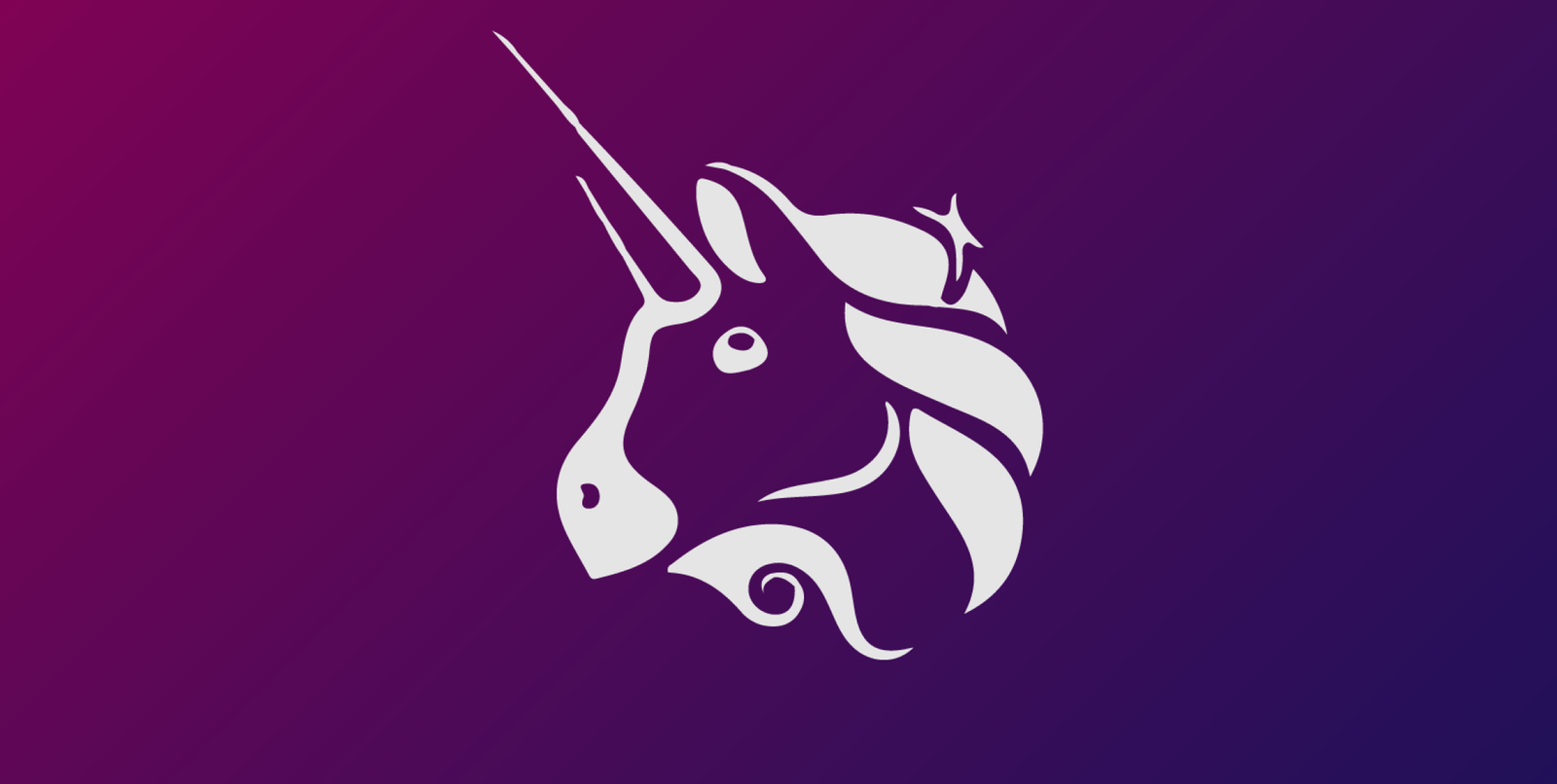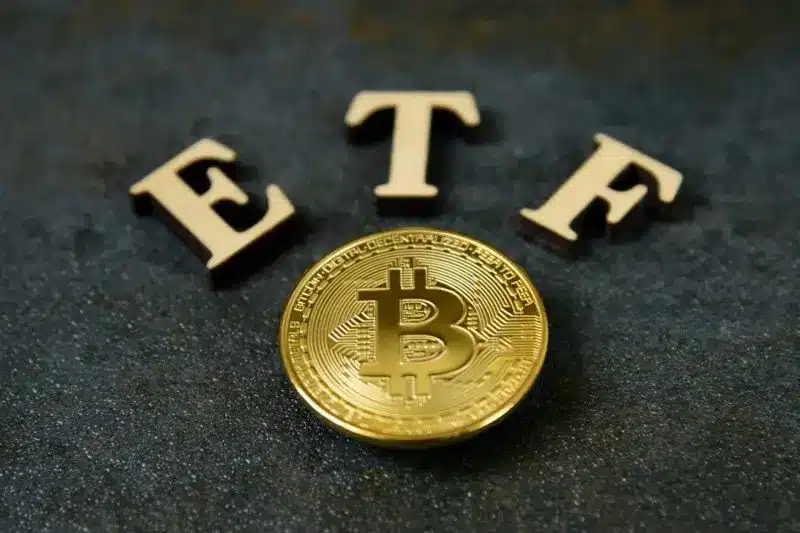The ever-evolving landscape of cryptocurrency has given birth to a passionate discussion within the crypto community, all courtesy of a recent development within Uniswap V4. This development introduces a novel feature termed as a “hook,” a tool that now extends the option for users to undergo Know Your Customer (KYC) verification before venturing into transactions within Uniswap V4 pools.
Critics of the KYC feature are raising questions about the potential implications for the future of decentralized finance (DeFi). They express concerns about the potential evolution from the current “kyc option” for liquidity providers into a more comprehensive system dubbed “regulator whitelist approval,” situated off the blockchain. The fear looms that such a transition might criminalize non-KYC transactions, possibly associating them with money laundering or even connections to terrorist financing.
In the context of Uniswap V4, a “hook” stands as a developer’s tool, providing the ability to fine-tune specific code elements without altering the fundamental core of the program. In the case of Uniswap V4, this KYC feature now grants developers the capability to seamlessly integrate KYC verification into the DeFi framework.
Conventional financial institutions utilize KYC procedures to validate customer identities and assess potential risks. The overarching objective of KYC is to identify and prevent activities such as money laundering and the financing of terrorist endeavors. The KYC feature within Uniswap V4 came to fruition through the initiative of a community developer and is offered as an optional feature, employing nonfungible tokens (NFTs) for verification. Some users argue that this KYC feature primarily caters to liquidity providers, potentially serving as a valuable tool for projects operating under specific regulatory frameworks dictated by their respective jurisdictions.
One user passionately underscores, “This feature caters to liquidity providers. Some projects might seek to align with the legal requirements of their jurisdiction. It’s imperative to recognize that these features can be developed by community contributors. Criticizing this innovation might overlook its substantial contribution to the realm of ‘real DeFi.'”
Globally, governments have intensified their oversight of DeFi protocols and the transactions conducted within them. Notably, the Group of Twenty (G20), comprising the world’s most influential economies, has recently given its approval to a comprehensive crypto regulatory roadmap, proposed by the International Monetary Fund (IMF) and the Financial Stability Board (FSB), aimed at fortifying crypto regulations.
Uniswap’s forthcoming iteration, Uniswap V4, is set to introduce customizable hooks, expected to be accessible in early 2024, albeit with access limited to governance-approved entities.
Disclaimer: This article serves solely for informative purposes and is not intended as financial or legal counsel. The viewpoints expressed herein, attributed to specific individuals and organizations, do not necessarily represent the perspectives of Clout Scoop News or its affiliates. We encourage readers to conduct thorough research and seek professional guidance when navigating the ever-evolving DeFi landscape and the intricacies of regulatory compliance.







